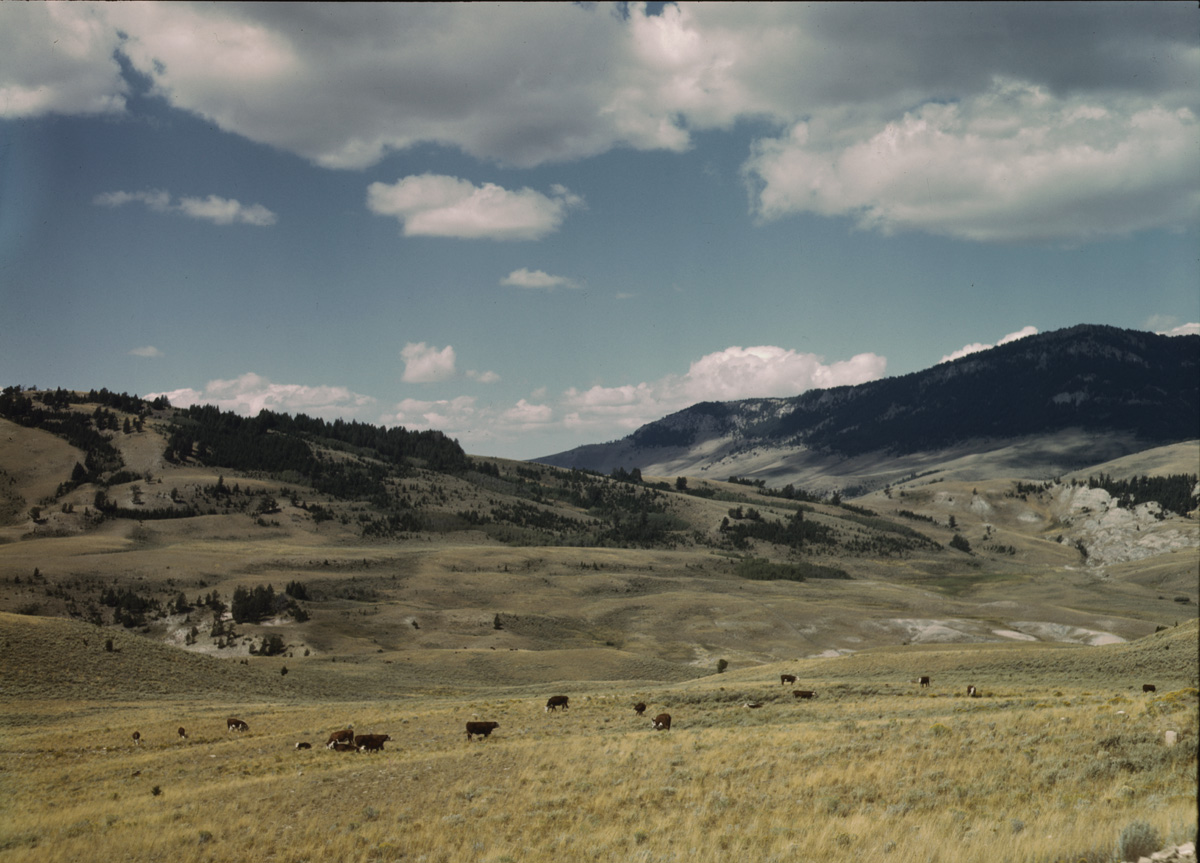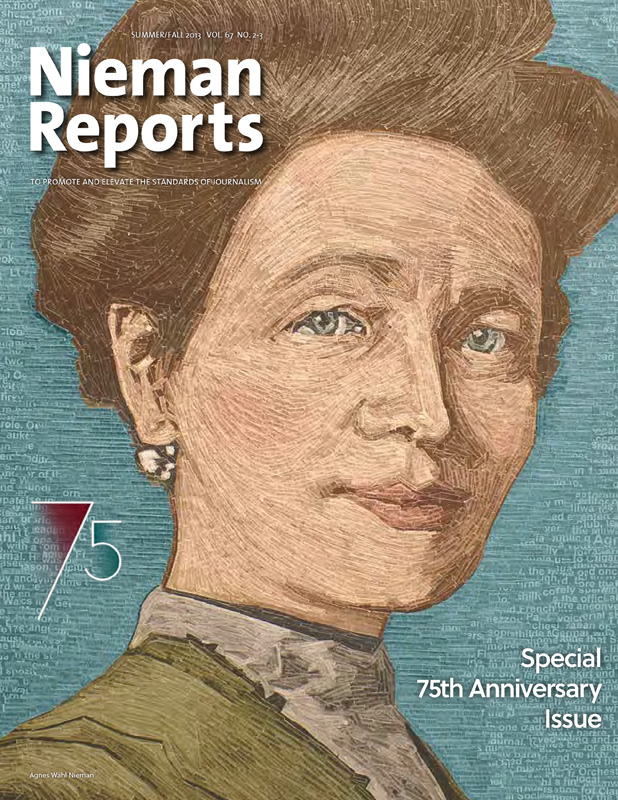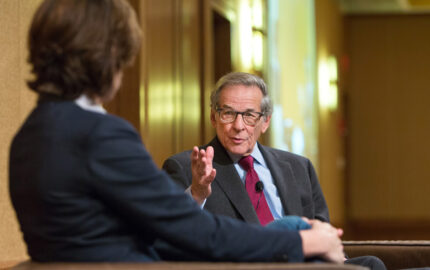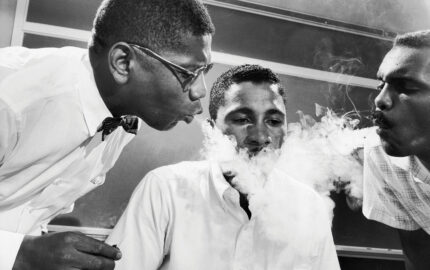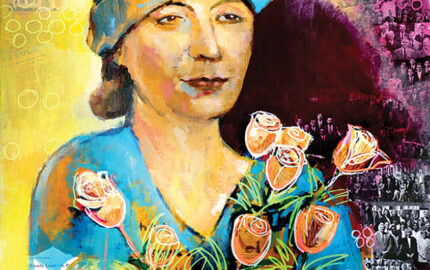Guthrie (1901–1991), who spent 21 years at The Lexington (Ky.) Leader, called the Nieman Fellowship his “big break.” English professor Theodore Morrison helped him write the novel “The Way West,” which won the 1950 Pulitzer Prize for Fiction
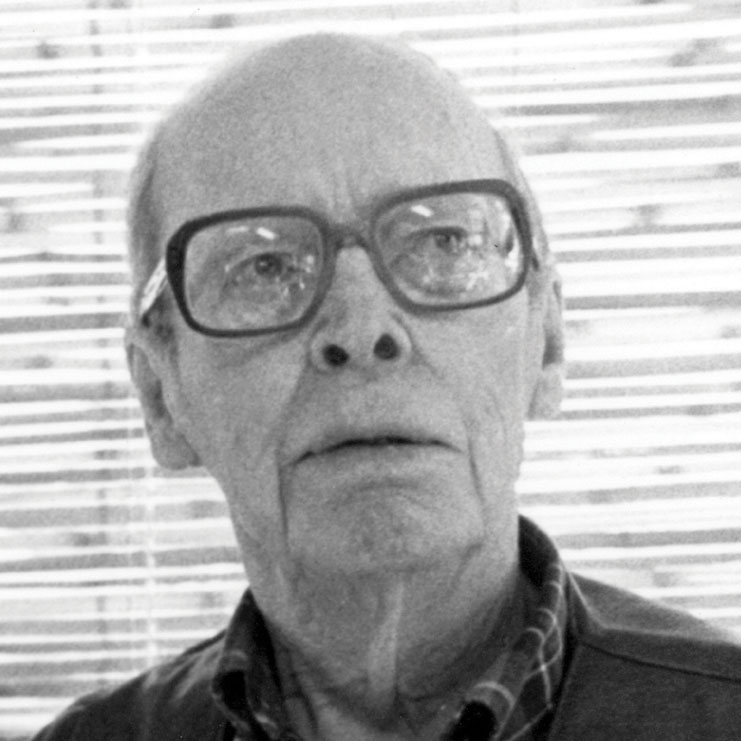
I had written of the boy, ‘He was hungry.’ Well, maybe, all right, Morrison said. Sometimes the quickest and flattest way of expression justified itself in context, though it had no appeal to the sense and smacked of authorial intrusion besides. But what if I substituted for that dead declaration of hunger: ‘He thought of the corn dodger and spring greens Ma might be fixing?’ I make Ted sound blunter and more positive than he was, and I have shown only a few, ready grains of his seeding … All those first weeks with Ted as my tutor were hard. I would go home after a session and torture my brain. What was it he meant? … I didn’t know then, though I surely learned later, that a teacher can only suggest, can at best reveal some of the tricks by which illusion is wrought. The rest is up to the student, to what there is in him, to his guts and his heart and his head, all working from the meager base camp that the teacher has managed to pitch … Finally I managed to achieve identity with my characters—which meant that I lost my own for the time. I was at Harvard but wasn’t. I was in the young mountains trapping prime beaver. I was frolicking at rendezvous on the Green. I was peering at distance, watching the dust that might mean buffalo and might mean Indians.
From “The Blue Hen’s Chick” by A.B. Guthrie Jr.
